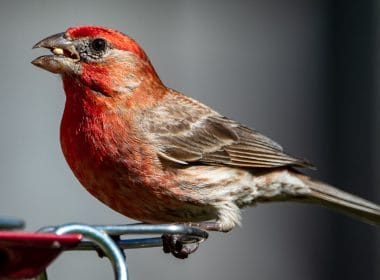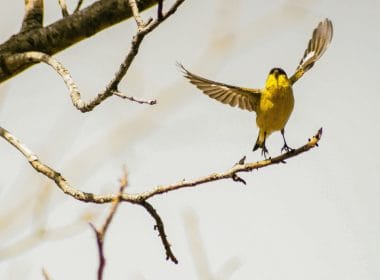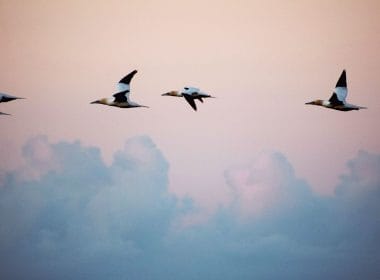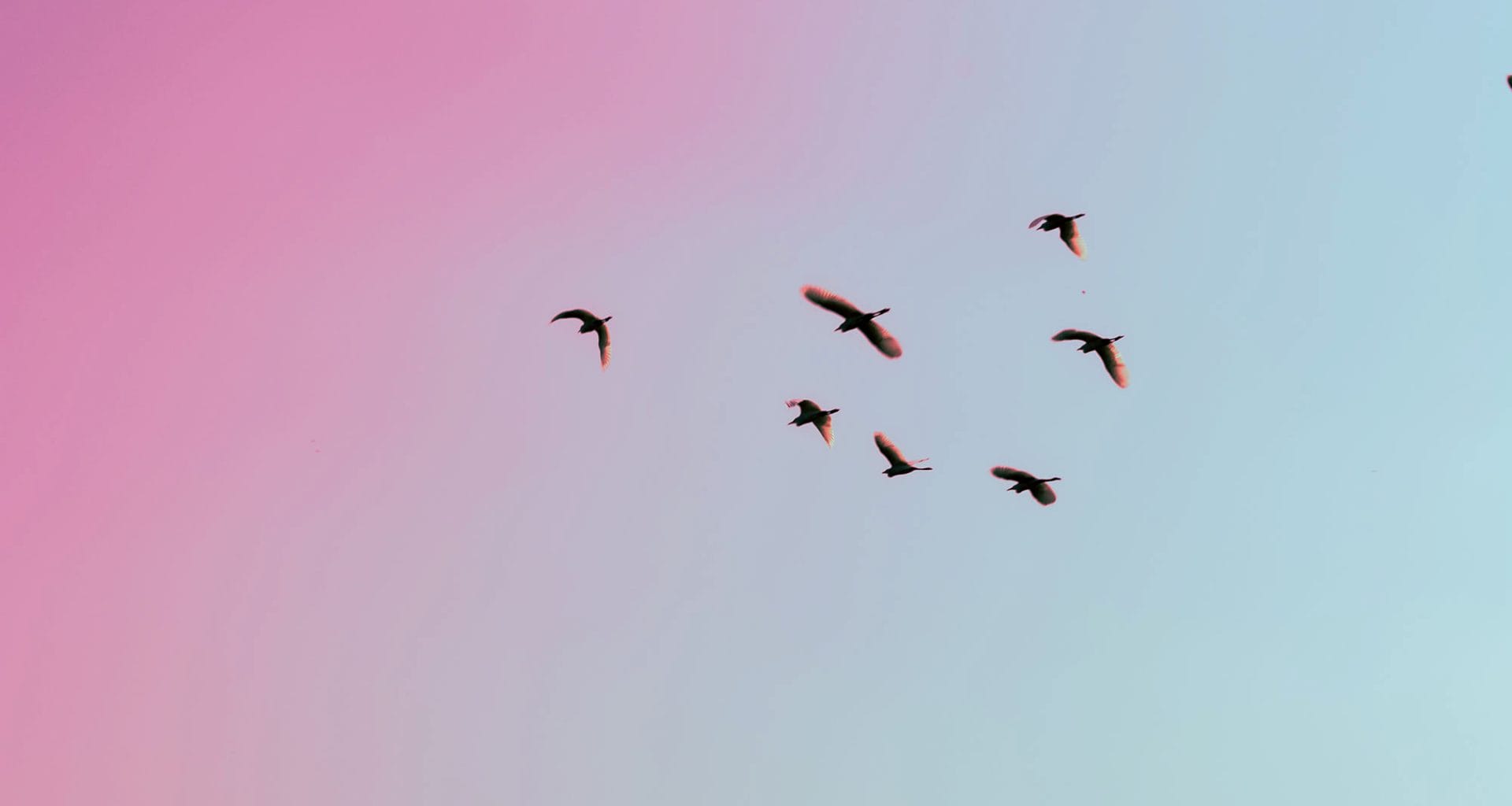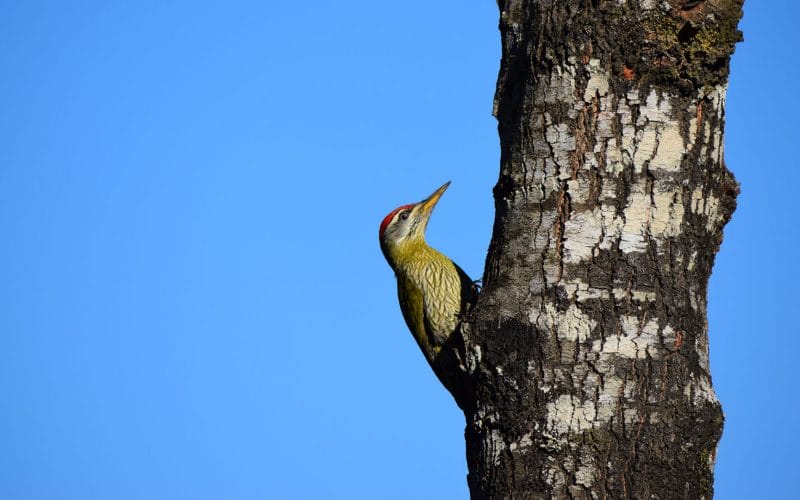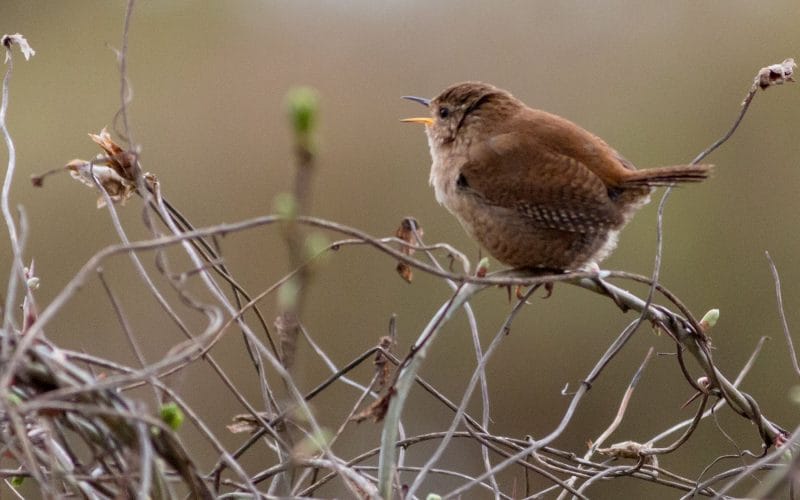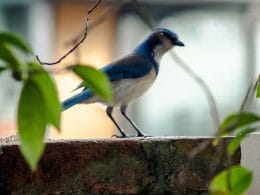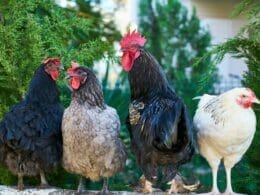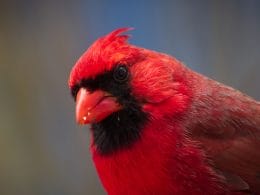With over 45 million bird watchers in the U.S, it’s only normal that they have their own jargon. If you’re starting to develop a passion for birds, this post is going to teach you all you need to know about bird watching slang so that you can fit right in with other twitchers.
Bird Watching Slang: Types of Birdwatchers
Not all birdwatchers are the same; they’re divided into a number of categories that you ought to be aware of, from birders and twitchers to listers and stringers.
No matter what you do, make sure you’re not a stringer!
Birder
A birder is someone who appreciates all kinds of birds and can identify a lot of them. But birders don’t go out of their way to birdwatch and don’t take the activity too seriously.
Dude
If you’re new to the art of birdwatching, don’t know much about bird species, and snap pictures of beautiful birds rather than study them madly, you’re probably a dude.
Twitcher
Twitchers are those who twitch just hearing a bird from a mile away. They keep long lists of the birds they’ve seen, and “chase” or travel to see specific birds.
Author Note: Twitchers usually aren’t big fans of dudes.
Elitist
We all know what an elitist is. An elitist is the kind of birdwatcher who’ll never believe you saw the birds you say you have seen.
Lister
A lister is anyone who obsesses over the number of birds they have seen. They go birdwatching just to make the next tick on their list of birds.
Stringers
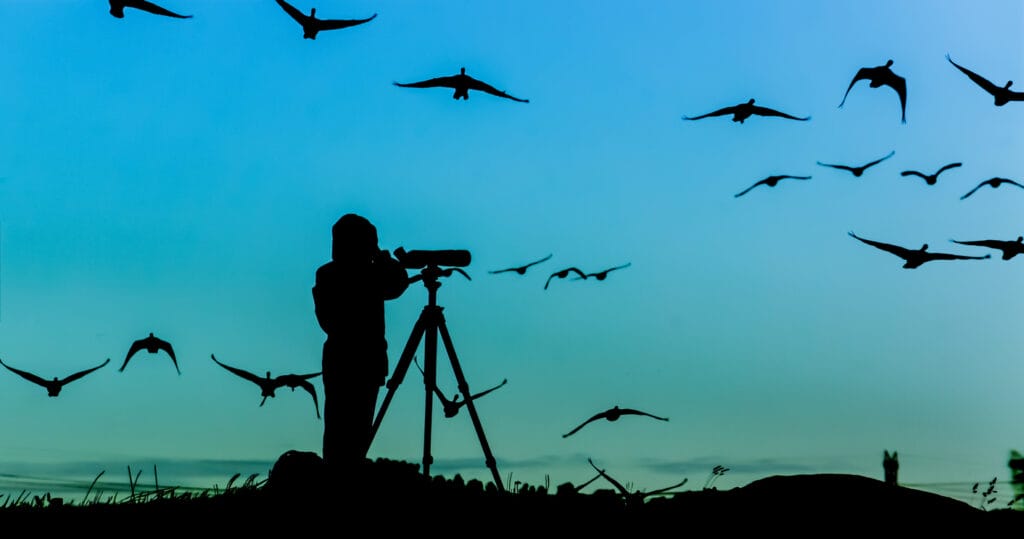
Stringers are really frowned upon; they’re birdwatchers who mess with the records intentionally by claiming that they have seen rare birds when it was in fact a common one.
Yabow
A Yabow is used to describe someone who pays no attention to the birders and ends up scaring off the birds.
SOB
No, it’s not what you think. SOB stands for the Spouse of a Birder; one who doesn’t birdwatch.
Bird Watching Slang: Abbreviations You Need to Know
Most birds got really long descriptive names that can be abbreviated out of convenience. Here are some common ones.
Bop
It can be hard to identify a raptor soaring overhead. So, when you see birds of prey but can’t tell which species they belong to, you can call them Bops.
Cans
Cans are Canvasback Ducks
Chicks
We know baby chickens jump to mind when you hear chicks. But for a birder, chicks are Chickadees!
Empid
It’s the word used for flycatchers of the genus Empidonax.
Eurwigs
It’s the combination of the two words Eurasian Wigeon.
GBH
It’s the abbreviation of Great Blue Herons.
Greaterlegs and Lesserlegs
Author Note: Greaterlegs stands for the Greater Yellowlegs, while Lesserlegs stands for the Lesser Yellowlegs. The funny thing is, it’s not the legs that we use to tell the two apart.
Hawks
Many hawks get their own abbreviation.
1. Coop
The term used for a Cooper’s Hawk
2. Roughie or Roughleg
These two words are used to refer to a Rough-legged Hawk.
3. Sharpie
It’s short for Sharp-shinned Hawks
4. Shoulder
It’s the shorter word for Red-shouldered Hawks
5. Tail
It’s the term used by birdwatchers to refer to a Red-tailed Hawk.
Hoodie

This one can actually be a little confusing as it can be used for three different species: Hooded Crow, Hooded Merganser, and Hooded Warbler.
Sand
You can say sand for sandpiper but don’t forget to pair it with the species name. Alternatively, you can go for the particular abbreviation of each sandpiper.
1. Buffie
Buffie stands for the Buff-chested Sandpiper.
2. Peck
You can use Peck for Pectoral Sandpipers.
3. Leastie
Leastie is the word for Least Sandpipers.
4. Semi
Semi is for Semipalmated Sandpipers.
5. Sollie
Sollie is for Solitary Sandpiper
6. Spotty
Spotty is for Spotted Sandpipers.
7. Uppie
Uppie is short for Upland Sandpipers.
Snowy
The Snowy Egret goes just by Snowy.
LBB or LBJ
Little Brown Bird or Little Brown Job is what we call small brown Passerine songbirds. They look so alike that it can be hard to determine which species they belong to.
Modo
Mourning doves sometimes go by the name Modo, even though moody sounds cooler.
Semi P
Semi P is the word for Semipalmated Plover. Not to be confused with Semi.
Sibe
Rare birds from Siberia are called Sibes.
Sparrows
Many sparrow species get their own shorter names too.
1. Chippy
This cute name is used for chipping sparrows.
2. Link
Link is short for the North American Lincoln Sparrow.
3. Songer
Songer can be used for Song Sparrows.
4. Swampy
Swamp sparrows go by swampy.
TV and BV
TV is short for Turkey Vulture, while BV is used for Black Vulture.
Woodie
Wood Ducks are called woodies by duck hunters.
Nicknames You Need to Know

Now that we’re done with abbreviated names, let’s get into nicknames!
Butter Butt
The Yellow-rumped Warbler has a yellow streak on its back which is the main inspiration of both its original name and its nickname. Some also call them rumps.
Moo-tweet
Moo-tweet is the nickname for cowbirds. Get it?
There are many phenomena that birdwatchers witness, some are sought after and some can be very puzzling.
Asian Flu
This one is from the latter kind. It happens when someone sees a rare Asian species and reports it. Suddenly, a lot of people claim to see it, even though it’s impossible that they all did.
Fallout
This has to be every bird’s dream. A fallout happens when birds are migrating, then they face really bad weather and are forced to land. So, birders get more than a fleeting sighting of a rare bird.
Irruption
When a group of birds of the same species strays far from their usual range. If it’s only one bird, we call it a vagrant.
Mobbing
Mobbing is when a group of birds bands together to attack a threat. That danger can be a human or a raptor. You’d be lucky enough not to witness it.
Patagonia Picnic Table Effect
This phenomenon happens when a sighting of a rare bird lures a lot of birdwatchers to go see it. Then when they do, they find more rare birds.
Author Note: The thing is, a study asserts that this effect is nothing more than a myth, but many twitchers are still hoping to prove it wrong.
Stint Fever
This one is similar to Asian Fever. It’s a number of rare shorebirds reports once one is sighted.
Bird Watching Slang: Commonly Used Birders’ Words
Apart from the names used to refer to birds, many words are introduced to a birder’s vocabulary over time. They are used to describe things or feelings that a birdwatcher goes through and can relate to. Here are the basics.
Bins
We use bins for binoculars.
Crippler
A crippler is a rare beautiful bird that leaves you crippled with joy.
Digiscoping
Digiscoping means mounting a camera’s lens into a spotting scope or telescope. This way you can capture a clear, magnified image of all the birds you see to add to your list.
Dip Out
It’s the unfortunate event of missing out on a bird you’ve been trying to see, particularly a rare one. The bird you missed is then called a dip.
Fake
A bird with an unknown origin
Grip
When you dip out on a rare bird, you’ll usually find that one person bragging to you about the unobscured view they got of it. That person is gripping you off.
Giss
Giss is the general profile of the bird. This includes their shape, color, posture, and movement. A twitcher can identify a bird from a brief look by its giss.
Local Patch
It’s the local bird-watching location that you frequently go to.
Mega-Find
A mega-find is a happy sighting of a vagrant.
Nemesis Bird
A nemesis bird is the one bird that a twitcher fails to tick on their list. They chase and they never manage to see it. It’s also known as jinx bird.
Nottabird or Pseudobird

Something that deceives you into thinking it’s a bird, then turns out it isn’t.
Pish
It’s an imitated bird sound that attracts birds over, so you can observe them. When it succeeds and they respond to it, that means you pished out.
Plumage
Plumage refers to the birds’ feathers collectively, their color, pattern, even their arrangement. As for Sum Plum, it means birds summer plumage. Since birds molt in the summer, their plumage could look scruffy and untamed.
Skulking
Skulking means staying hidden in place and keeping quiet, so you don’t scare birds away.
Trash Bird
It’s used to refer to a bird that is so common to the point that you’re tired of seeing it.
Water Fowl
It’s the word to describe aquatic birds, like ducks and swans.
Ugly Gull
Any gull, even pretty ones, that is hard to tell which species it belongs to.
Usual Suspects
The birds that are common to a particular location. It’s the opposite of a Zootie.
Warbler Neck
A sore neck you get from craning to look at birds hiding in the trees.
Zootie
A bird that you don’t expect to see in this particular location, yet you do see it.
Wrap Up
Bird-watching is a fun hobby, but it’s even more enjoyable when you join a birders’ community. They let you in on all the right spots and help you find the rare birds, unless they’re stringers.
This guide will make you feel right at home with other birders, and it guarantees you never miss a sighting! We hope you enjoyed learning about bird watching slang.
Fly high friends!
FAQ
The number one rule is to not disturb the birds. Sometimes that is impossible when you stumble across one and flush it. However, you should not intentionally approach a bird and upset it. I have seen birders walk deliberately into reeds to flush a resting bittern so their friend could get a flight shot.
According to Audubon, some superstitions are:
It is bad luck to see an owl during the day.
A kingfisher is a very lucky bird.
Three seagulls flying together, directly overhead, are a warning of death soon to come. Sparrows carry the souls of the dead.
